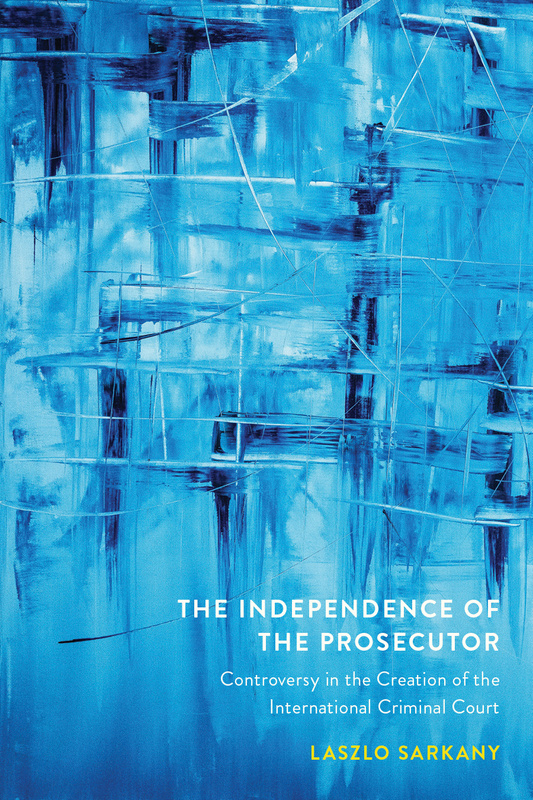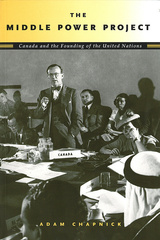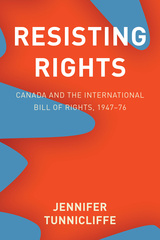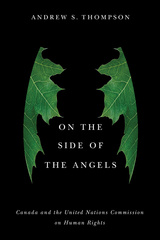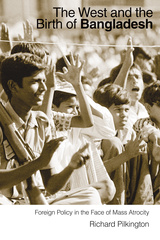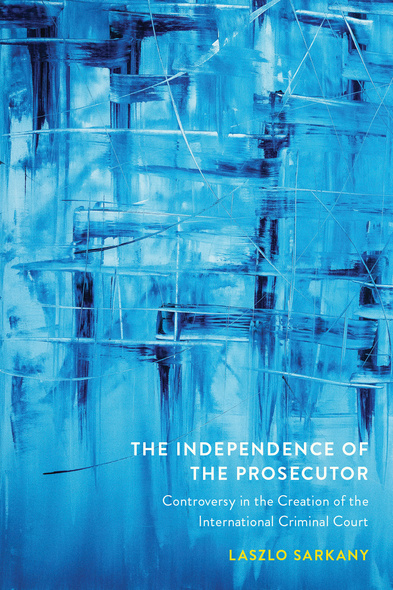
The Independence of the Prosecutor
Controversy in the Creation of the International Criminal Court
The establishment of the International Criminal Court was a singular achievement, even a revolutionary one. The Court has no territorial limits on the conflicts it chooses to address or how long it takes to do so. And uniquely within the realm of international criminal justice, the ICC Prosecutor can initiate investigations independently of any state’s wishes.
Why would sovereign states agree to such sweeping powers? To answer that question, The Independence of the Prosecutor dives deeply into the origins of the international body. Laszlo Sarkany draws on interviews with key participants to analyze the negotiations that produced the novel institutional design of the Court. Case studies of Canada and the United Kingdom, which supported prosecutorial independence, and the United States and Japan, which opposed it, demonstrate that state positions depended on the values and principles of those who wielded the most power in national capitals at the time. Appendices to the book build an empirical record of the arguments made by state delegations.
The ICC offers a bulwark against the high politicization of our era. This astute investigation demonstrates that now, over twenty years after its establishment, the ICC’s innovative arrangement of having an independent prosecutor continues to move law and international criminal jurisprudence forward and directly combats impunity for mass atrocities.
Scholars and students of law, policy-makers, and journalists will value the clear-eyed scholarship that animates The Independence of the Prosecutor, which will also find a place in every law library.
Laszlo Sarkany sheds new light on states’ reasons for endorsing an independent prosecutor in the ICC’s formation process. This is not only an interesting story to tell, but it also makes an important contribution to the field.
Laszlo Sarkany is an assistant professor in the Department of Political Science at Huron University College in London, Ontario. His work has appeared in various policy journals and media outlets, and he has represented the No Peace Without Justice NGO at the annual Assembly of States Parties meetings of the International Criminal Court.
Introduction
1 The Story of the Independent Prosecutor for the ICC
2 The Independence of the Prosecutor
3 Canada and the United Kingdom Debate the ICC
4 The Domestic Policy Debate in the US and Japan
5 At Last, the First Permanent Court!
6 Taking Politics Seriously in the Work of the ICC
Conclusion
Appendix I: States in Favour of an Independent Prosecutor
Appendix II: States Not in Favour of an Independent Prosecutor
Appendix III: States Commenting on the First Draft of the ILC in 1994
Notes; References; Index

